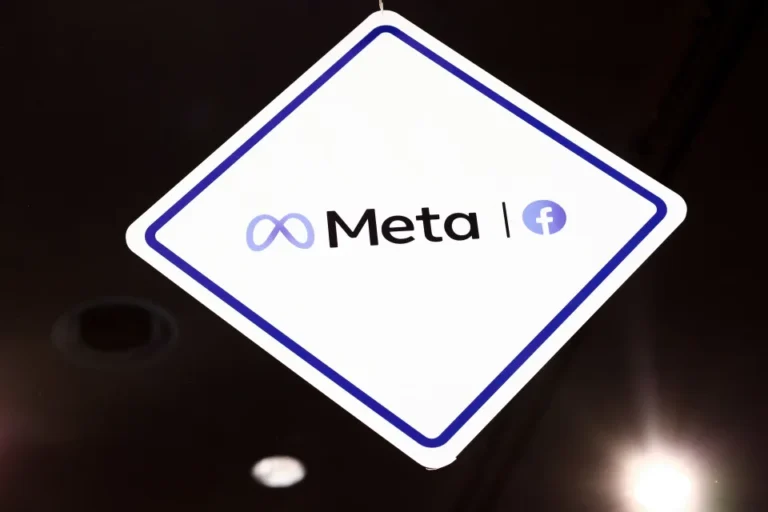A watchdog organization claims that prior to the Indian elections, the company’s systems failed a “stress test.”
The advertising practices of Meta are once again in the limelight as a watchdog group claims that the firm accepted more than a dozen advertisements that were “highly inflammatory” and violated its regulations. In addition to spreading false information, inciting violence, and spreading conspiracy theories about the approaching elections, the advertisements were directed toward Indian viewers.
Ekō, a nonprofit organization that acts as a watchdog, has recently released a study that provides a comprehensive analysis of the advertisements. The organization claims that it submitted the advertisements as a “stress test” of the advertising technologies utilized by Meta’s company; nevertheless, it also claims that the advertisements “were created based upon real hate speech and disinformation prevalent in India.”
In total, the group was successful in getting 14 out of 22 advertisements accepted through the advertising tools provided by Meta’s company, despite the fact that all of the advertisements should have been rejected since they violated the regulations of the company. The organization did not reveal the precise wording of the advertisements, but they did state that they “called for violent uprisings targeting Muslim minorities, disseminated blatant disinformation exploiting communal or religious conspiracy theories prevalent in India’s political landscape, and incited violence through Hindu supremacist narratives.” In accordance with the findings, the advertisements were removed by the researchers at Ekō before they were allowed to run, and the actual users of Facebook never saw them.
It is not the first time that Ekō has been successful in getting Meta to approve advertisements that are provocative in an effort to attract attention to its advertising systems. Although the group had previously been successful in getting a batch of hateful Facebook advertisements that targeted users in Europe approved, the ads were never really run.
According to the most recent report that Ekō has released, the company has also utilized generative artificial intelligence capabilities in order to develop pictures for the advertisements. According to researchers working with the organizations, none of the advertisements were identified by Meta as having content that was generated by artificial intelligence, despite the fact that the firm has said that it is developing algorithms to identify content of this kind.
In response to a request for comment, Meta did not immediately provide a response. In its answer to Ekō, the firm referred to its guidelines that mandate political advertisers to declare their utilization of artificial intelligence (AI) as well as a blog post that detailed the company’s efforts to get ready for the upcoming elections in India.

